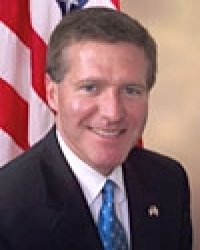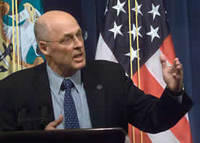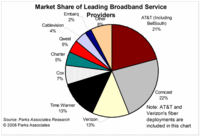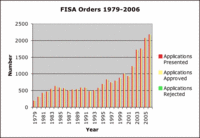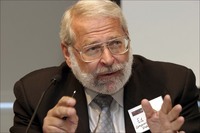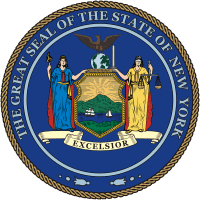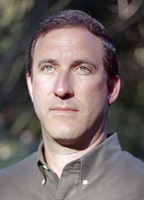 Someone at CAIDA (presumably kc Claffy by the writing style), went to
Someone at CAIDA (presumably kc Claffy by the writing style), went to
an invitation-only intensely interactive workshop on the topic of Internet infrastructure economics. participants included economists, network engineers, infrastructure providers, network service providers, regulatory experts, investment analysts, application designers, academic researchers/professors, entrepreneurs/inventors, biologists, oceanographers. almost everyone in more than one category.and wrote up a report including this summary of the political situation:— internet infrastructure economics: top ten things i have learned so far, by webmaster, according to the best available data, October 7th, 2007
…and it turns out that in the last 5 years the United States — home of the creativity, inspiration and enlightened government forces (across several different agencies) that gave rise to the Internet in the first place — has thoroughly jettisoned 8 centuries of common carriage law that we critically relied on to guide public policy in equitably provisioning this kind of good in society, including jurisprudence and experience in determining ‘unreasonable discrimination’.That’s right folks: “resource sharing” was the buzzword back then, and every node was supposed to be potentially a peer to every other. Continue readingand our justification for this abandonment of eight centuries of common law is that our “government” — and it turns out most of our underinformed population (see (1) above) — believes that market forces will create an open network on their own. which is a particularly suspicious prediction given how the Internet got to where it is today:in the 1960s the US government funded people like vint cerf and steve crocker to build an open network architected around the ‘end to end principle’, the primary intended use of which was CPU and file sharing among government funded researchers. [yes, the U.S. government fully intended to design, build, and maintain a peer-to-peer file-sharing network!]
